”I’d rather die tomorrow than live
a hundred years without knowing you“
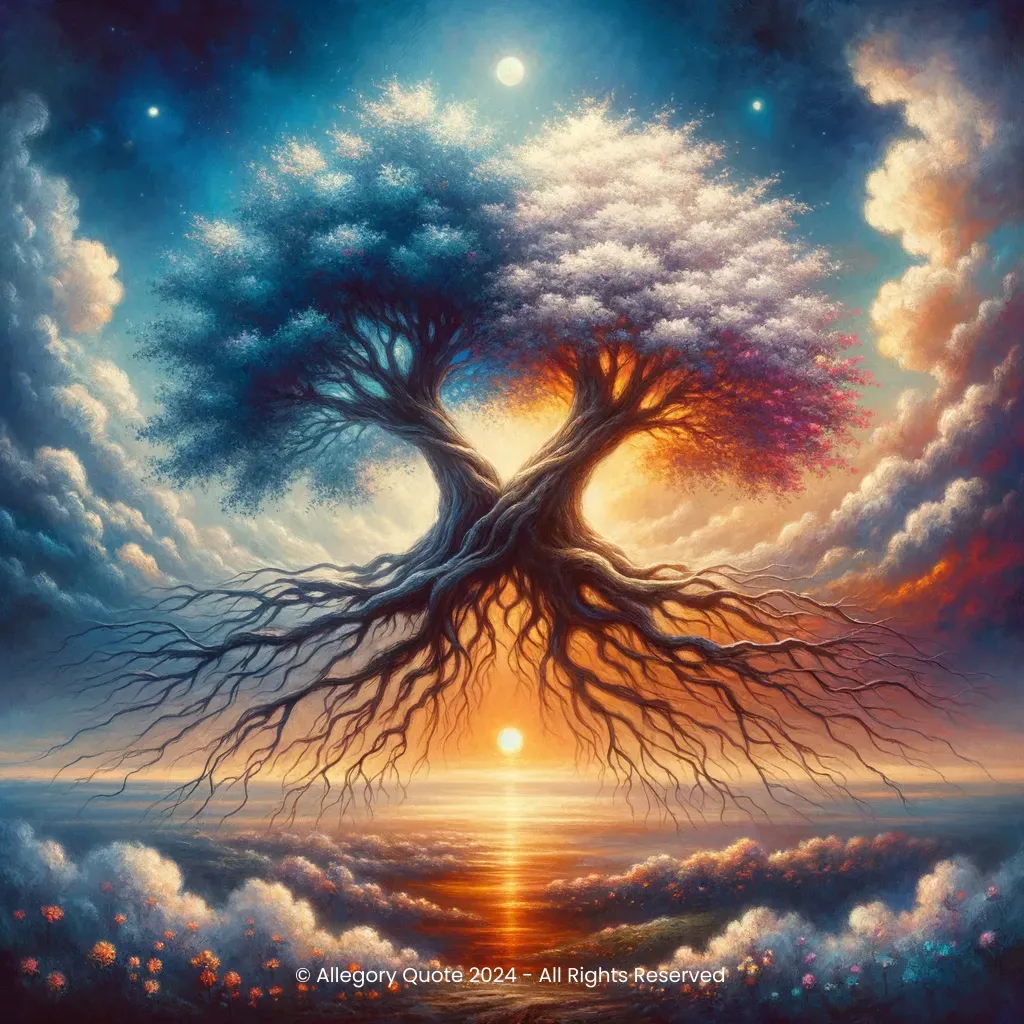
0
0
0
0
- Meaning
- The phrase signifies the importance of human connection and the idea that the experience of love is so vital that the absence of it renders life unworthy. Philosophically, this reflects existentialist views on the significance of relationships. Psychologically, it showcases the human drive for attachment, suggesting that identity and well-being are closely linked to the bonds we form.
- Allegory
- The image of two intertwined trees represents the profound bond of love, highlighting how deeply interconnected relationships can be. The merging roots symbolize the foundation that strong connections provide, while the serene landscape conveys peace and contentment in companionship. The sunset illustrates the fleeting nature of time, reminding viewers of the importance of making the most of each moment with loved ones.
- Applicability
- In practical life, this phrase can encourage individuals to pursue meaningful relationships, prioritize emotional connections, and show vulnerability in expressing affection. It serves as a reminder to cherish the moments with loved ones as life is fleeting.
- Impact
- This phrase has contributed to the romantic narrative in literature, underscoring the importance of love. It has inspired readers to reflect on their relationships, emphasizing that love is a pivotal life experience worth the risk.
- Historical Context
- This sentiment is timeless and does not belong to a particular historical event but can be seen as echoing trends in romantic literature of various periods that celebrate passionate love. It may align with the romantic movements from the late 18th century through the 19th century.
- Criticisms
- Critics may argue that such statements romanticize unhealthy dependency or might diminish the value of other life experiences. The argument could state that a full life can also be enriched by other friendships, endeavors, and personal growth.
- Variations
- Variations of this phrase exist in various cultures, reflecting different expressions of love and devotion. For example, in Japanese culture, expressions of love often highlight subtle emotions and the importance of moments together, suggesting respect and consideration in the expression of feelings.
-

What can I say? I’m a rebel.
-

Now that’s what I call a party!
-
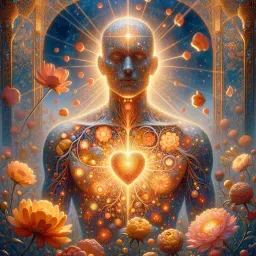
She warned him not to be deceived by appearances, for beauty is found within.
-
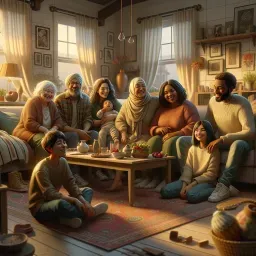
This is my family. I found it, all on my own. It’s little and broken, but still good. Yeah, still good.
-

You are a toy!
-

I’m gonna wreck it!
-
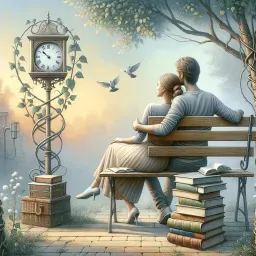
You can’t marry a man you just met.
-
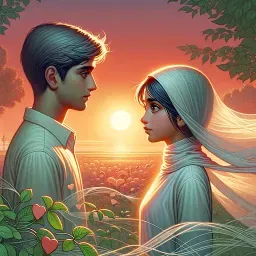
I’m just a girl, standing in front of a boy, asking him to love her.
No Comments